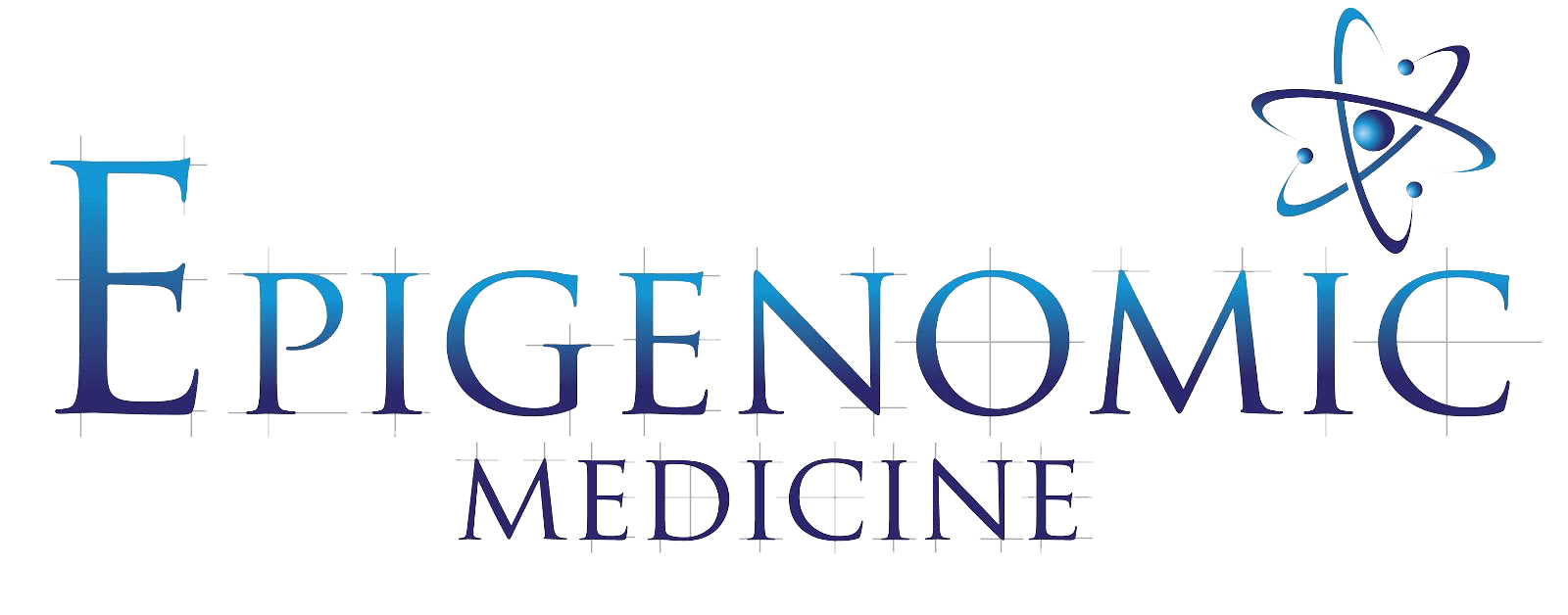have experienced lingering symptoms long after the acute phase of the virus has passed. This phenomenon, often referred to as “long COVID,” has given rise to a range of debilitating effects on physical and mental health. Among the array of persistent symptoms, cardiovascular complications have emerged as a notable concern. As medical science strives to address this intricate challenge, cardiac rehabilitation stands out as a promising avenue for aiding the recovery of those grappling with long COVID-related cardiac issues. This essay explores the potential benefits of cardiac rehabilitation in the context of long COVID recovery.
Understanding Long COVID’s Cardiac Impact: Long COVID is characterized by a constellation of symptoms, including fatigue, shortness of breath, chest pain, and palpitations. Many individuals who have recovered from the acute phase of COVID-19 continue to experience these symptoms, often suggesting cardiac involvement. Studies have shown that the virus can cause inflammation in the heart muscle, disrupt blood clotting mechanisms, and contribute to cardiovascular complications. As a result, the need for effective interventions to rehabilitate and restore cardiac health becomes crucial.
The Role of Cardiac Rehabilitation: Cardiac rehabilitation is a structured and multidisciplinary program designed to improve cardiovascular function, enhance physical fitness, and promote overall well-being. Traditionally applied to individuals recovering from heart attacks or surgeries, its principles can be adapted to address the unique challenges posed by long COVID-related cardiac issues. Such a program typically includes supervised exercise training, education on heart-healthy lifestyle choices, dietary guidance, and psychosocial support.
Benefits of Cardiac Rehabilitation for Long COVID:
- Physical Recovery: The structured exercise component of cardiac rehabilitation can aid in restoring cardiovascular fitness and strength, counteracting the deconditioning that often accompanies prolonged illness. Exercise has been shown to enhance heart function, improve circulation, and mitigate symptoms like fatigue and shortness of breath.
- Psychological Well-being: The psychological toll of long COVID can be immense. Cardiac rehabilitation programs offer not only physical benefits but also a platform for individuals to connect with healthcare professionals and fellow participants. This social support can alleviate feelings of isolation and anxiety, fostering mental resilience.
- Education and Empowerment: Cardiac rehabilitation equips participants with knowledge about heart-healthy lifestyles, including nutrition, stress management, and medication adherence. This empowers individuals to take control of their health, reducing the risk of future cardiac issues and promoting overall wellness.
- Monitoring and Individualization: Long COVID-related cardiac complications can vary widely among individuals. Cardiac rehabilitation provides a setting for continuous monitoring by healthcare professionals who can tailor exercise regimens and interventions to each participant’s specific needs, ensuring safety and efficacy.
- Cardiovascular Risk Reduction: Many individuals who have experienced long COVID may be at an increased risk of developing chronic cardiovascular conditions. Cardiac rehabilitation’s emphasis on risk factor modification can help mitigate this risk by addressing factors such as high blood pressure, cholesterol levels, and obesity.
Conclusion: Long COVID has presented a challenging landscape for healthcare providers and individuals alike. Amidst the complexity of persistent symptoms, cardiac complications have emerged as a significant concern. Cardiac rehabilitation, with its multifaceted approach encompassing physical rehabilitation, education, and psychosocial support, offers a beacon of hope for those seeking to regain their cardiac health and overall well-being. As medical knowledge continues to evolve, integrating cardiac rehabilitation into the holistic care of long COVID patients has the potential to usher in a new era of recovery, resilience, and rejuvenation.

